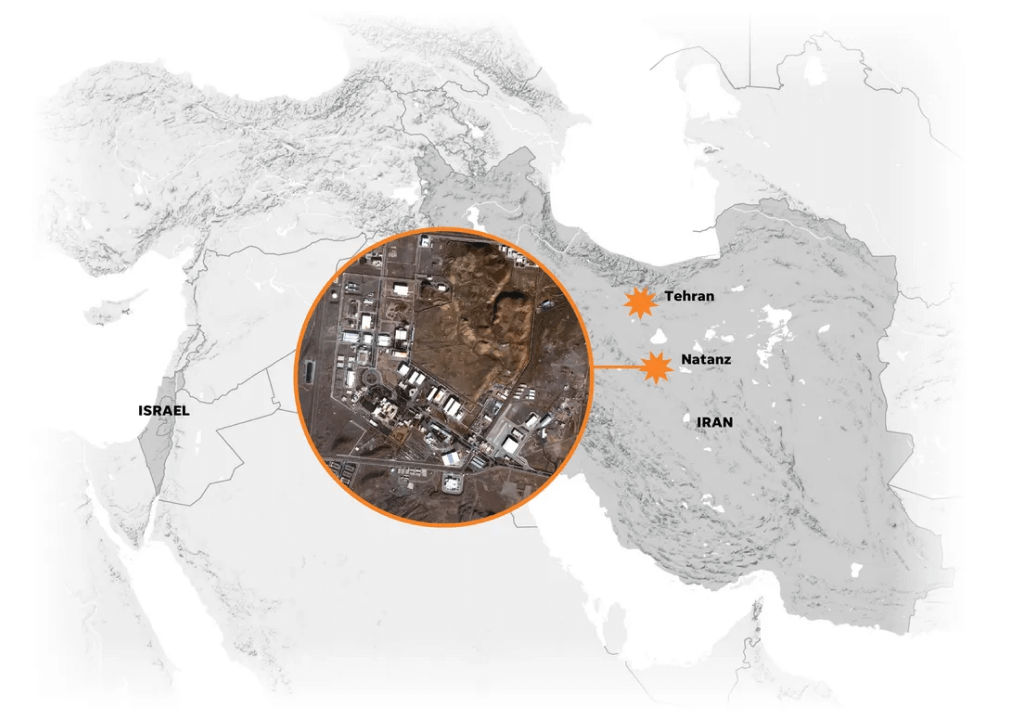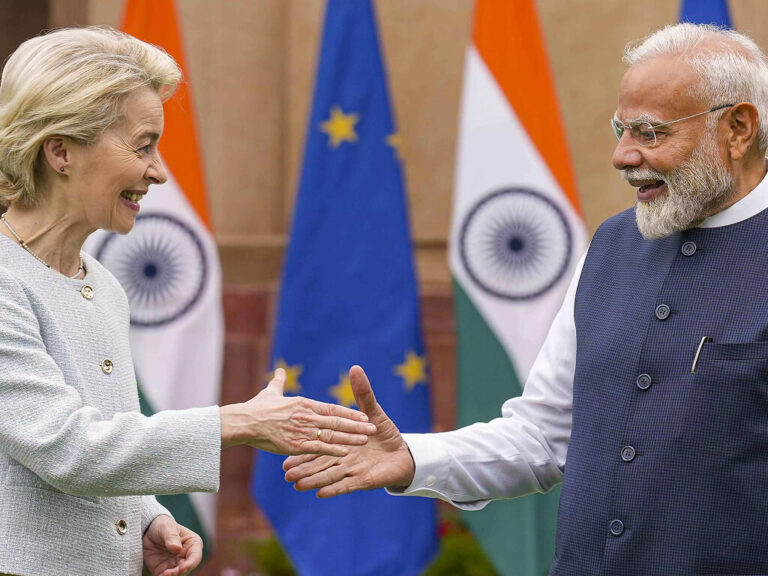For years, the threat of a full-scale war between Israel and Iran has loomed—sustained by growing tensions and repeated confrontations with Iranian-backed proxies throughout the region. Yet both nations had, until now, managed to contain their hostilities to sporadic missile strikes, carefully avoiding direct and total war.
That fragile restraint now appears to be breaking down. With Hamas nearly dismantled in Gaza, Hezbollah significantly weakened in Lebanon, and pro-Iranian regimes in Syria and Lebanon toppled, Israel seems to be entering what many are calling its ‘endgame mode.’ Its focus has shifted to what it considers the greatest threat to its existence: the Islamic Republic of Iran itself.
After backchannel negotiations between the United States and Iran nearly collapsed, Israel launched a major military operation in the early hours of Friday, June 13, striking multiple strategic targets deep inside Iranian territory. In response, Iran has vowed to retaliate, triggering fears that the conflict could escalate dramatically in the coming days—potentially drawing in regional and global powers and plunging the Middle East into a broader war.
Israel calls it self-defense
Israel targeted dozens of strategic locations, including nuclear facilities, senior military commanders, and military scientists. Prime Minister Benjamin Netanyahu said the operation, named Rising Lion, was intended to roll back what he described as an existential threat posed by Iran. In a televised address, Netanyahu stated that Israel had struck the core of Iran’s nuclear enrichment and weaponization programs. The operation targeted the main enrichment facility at Natanz, leading nuclear scientists working on the Iranian bomb, and key infrastructure within Iran’s ballistic missile development efforts.
Netanyahu defended the strike by claiming that Iran had recently undertaken weaponization efforts more advanced than ever before. He warned that, if left unchallenged, Tehran could produce a nuclear weapon in under a year—perhaps even within months. Arguing that Israel had no choice but to act swiftly, he framed the operation as the kind of difficult decision leaders must make in the face of imminent danger. Drawing a historical parallel, he cited the West’s failure to confront Nazi Germany in the 1930s, asserting that Israel would not wait for the threat to fully materialize before taking action.
The Israel Defense Forces described the operation as a pre-emptive, highly coordinated offensive intended to neutralize Iran’s nuclear capabilities. According to the IDF, the first phase of the mission involved dozens of Israeli Air Force jets striking a wide range of military and nuclear targets across multiple regions in Iran.
Netanyhu also warned that the campaign would take many days giving the risk of escalation. He cautioned that Israeli citizens might need to stay in protected shelters for extended periods due to the potential for retaliation.
Iranian state media reported that several senior officials were killed in the Israeli strikes, including General Hossein Salami, commander of the Islamic Revolutionary Guard Corps, and Major General Mohammad Bagheri, the army’s chief of staff. Also killed were two prominent scientists: Fereydoun Abbasi, former head of Iran’s Atomic Energy Organization, and Mohammad Mehdi Tehranchi, a leading theoretical physicist. Abbasi had previously survived a 2010 assassination attempt, part of a series of attacks widely attributed to Israel’s Mossad.
Iran vows to retaliate
Iran’s Supreme Leader Ayatollah Ali Khamenei warned that Israel would face harsh retaliation for its early Friday airstrikes on Iranian soil. An Iranian security official told Reuters that the country’s retaliation would be both harsh and decisive, and that discussions about the response were underway at the highest levels of leadership.
Iran’s Foreign Ministry also condemned the strikes and held the United States partly responsible, given its close alliance with Israel. While Israeli officials insisted the decision to strike was made independently, Tehran argued that Washington’s support enabled the offensive. The ministry described the attack as an unprecedented threat to global security and urged the international community to deliver a unified and firm condemnation.
In the wake of the strikes, Iran is also expected to intensify its efforts to promote the Islamic identity of the state, as a unifying force in a time of crisis. Officials view the name of the Israeli operation—Rising Lion—as a symbolic attack on Iran’s Islamic foundations. Iran’s ruling Islamic regime, which has long worked to suppress movements advocating a revival of Persian cultural and political heritage, sees the assault as part of a broader attempt to weaken its authority.
The U.S. is caught in the middle.
Donald Trump said he was not surprised by Israel’s strike on Iran, despite having earlier advised against it while U.S.-Iran nuclear talks were ongoing. He reaffirmed that Iran must not acquire a nuclear weapon and expressed hope for a return to negotiations.
The Israeli strike came just days before U.S.-Iran talks were set to take place in Oman, aimed at easing tensions over Iran’s expanding nuclear program—accelerated after Trump withdrew from the 2015 nuclear deal in 2018. Before the attack, Trump had warned that Israeli action could jeopardize diplomacy. But Prime Minister Benjamin Netanyahu claimed Tehran was using talks to buy time for weapons development.
Secretary of State Marco Rubio confirmed the U.S. did not participate in the strikes, emphasizing that protecting American forces in the region was the top priority. He said Israel had informed Washington of the operation and justified it as self-defense. The U.S. has taken steps to secure its assets and remains in close contact with regional allies.
However, Iranian officials have warned that if tensions escalate, U.S. bases may become targets, as they suspect American complicity in Israel’s actions. It looks like that any further escalation could draw the United States deeper into the conflict.
Where is it heading?
The escalation appears imminent, as Iranian local media reports that Iranian drones have entered Israeli airspace—though this has not been officially confirmed. Some observers believe the situation may follow a familiar pattern, similar to recent India-Pakistan tensions: a few days of missile exchanges followed by mutual claims of victory and a step back from full-scale war. However, others argue that this time is different. Both Israel and Iran seem willing to keep the conflict alive, which could eventually lead to a broader war. The dynamics could shift significantly if Iran decides to target U.S. bases in the region.
Economic repercussions are already being felt. Oil prices surged more than 7% on Friday, reaching their highest levels in months after news of the Israeli strike on Iran, stoking fears of disrupted oil supplies. Large areas of airspace may be closed to commercial aviation, and much of the Middle East, including the wealthy Gulf states, could become unsafe. As a result, immediate de-escalation talks may become necessary to reach a temporary arrangement and avoid further chaos.








